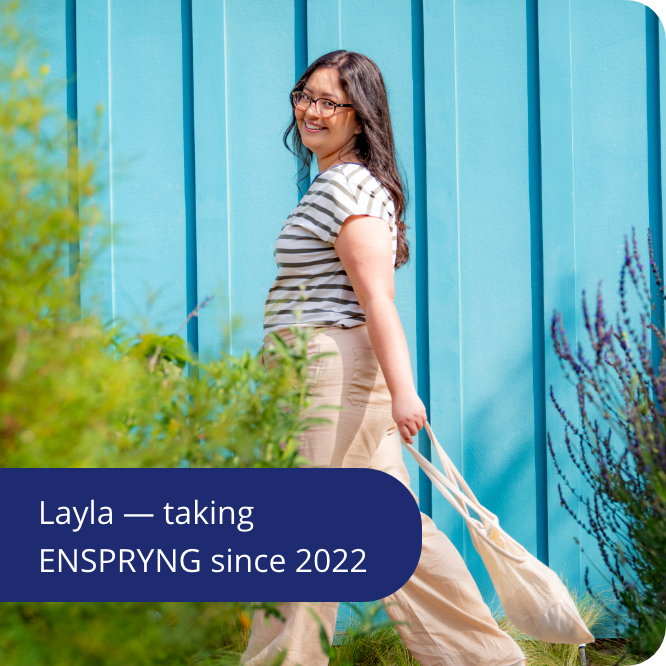What is NMOSD?
Take control of your neuromyelitis optica spectrum disorder (NMOSD) by learning more about how it works.
Take control of your neuromyelitis optica spectrum disorder (NMOSD) by learning more about how it works.
Take control of your neuromyelitis optica spectrum disorder (NMOSD) by learning more about how it works.
Often misdiagnosed as multiple sclerosis (MS), it occurs when the immune system mistakes normal tissue of the central nervous system (CNS) as being a threat and attacks it, causing inflammation.
This inflammation can result in relapses (also called "attacks"), which are normally unpredictable and may lead to irreversible damage that mostly affects the optic nerves (eyes) and spinal cord.
[00:00:08]
DR. JAVED: Hello, my name is Dr. Javed. I’m a neurologist. It’s important to work together with your doctor in coming up with a comprehensive treatment plan for your aquaporin-4 positive NMOSD.
[00:00:20]
Because NMOSD is a rare disease, it is often misdiagnosed as MS. As we learn more about the disease, the better we are able to diagnose it. So let’s take a closer look at NMOSD. To help confirm a NMOSD diagnosis and determine the right treatment, --
[00:00:36]
-- your doctor may order blood tests that look for the presence of specific antibodies to the AQP-4 protein, known as aquaporin-4 IgG. When a person is aquaporin-4 IgG positive, it means that they make antibodies to the aquaporin-4 protein.
[00:00:51]
When a person is aquaporin-4 negative, it means that they do not make antibodies to the aquaporin-4 protein. Around 75% of people with NMOSD are aquaporin-4 IgG positive, which means they make aquaporin-4 IgG antibodies.
[00:01:07]
An antibody is a protein produced by the body’s immune system when it detects a foreign or harmful substance. In some autoimmune diseases, the immune system, including certain antibodies, –
[00:01:19]
-- mistakes normal tissues as being foreign and attacks them. Aquaporin-4 is a protein that is found in the brain and spinal cord.
[00:01:28]
NMOSD, also known as NMO, is a rare inflammatory disease of the central nervous system with unpredictable relapses that may lead to cumulative and permanent damage and disability.
[00:01:40]
NMOSD affects nearly 15,000 people in the United States. NMOSD predominantly affects women, in fact, it affects women nine times more than men. It can occur in people in their 30s and 40s, but children and older adults can also be affected.
[00:01:57]
NMOSD appears to be more common in people of African or Asian descent, and 80 to 90% of people with NMOSD experience recurring relapses.
[00:02:08]
Anyone with NMOSD knows how unpredictable relapses can be. They may lead to cumulative and permanent damage and disability. That’s why it’s important to talk to your doctor and develop a treatment plan –
[00:02:22]
-- for NMOSD that helps reduce the risk of relapses. I urge you to become your own advocate and take advantage of all the resources out there that go into even more detail about living with NMOSD.
[00:02:37]
NMOSD can feel isolating, but you are not alone.






The link you have selected will take you away from this site to one that is not owned or controlled by Genentech, Inc. Genentech, Inc. makes no representation as to the accuracy of the information contained on sites we do not own or control. Genentech does not recommend and does not endorse the content on any third-party websites. Your use of third-party websites is at your own risk and subject to the terms and conditions of use for such sites.